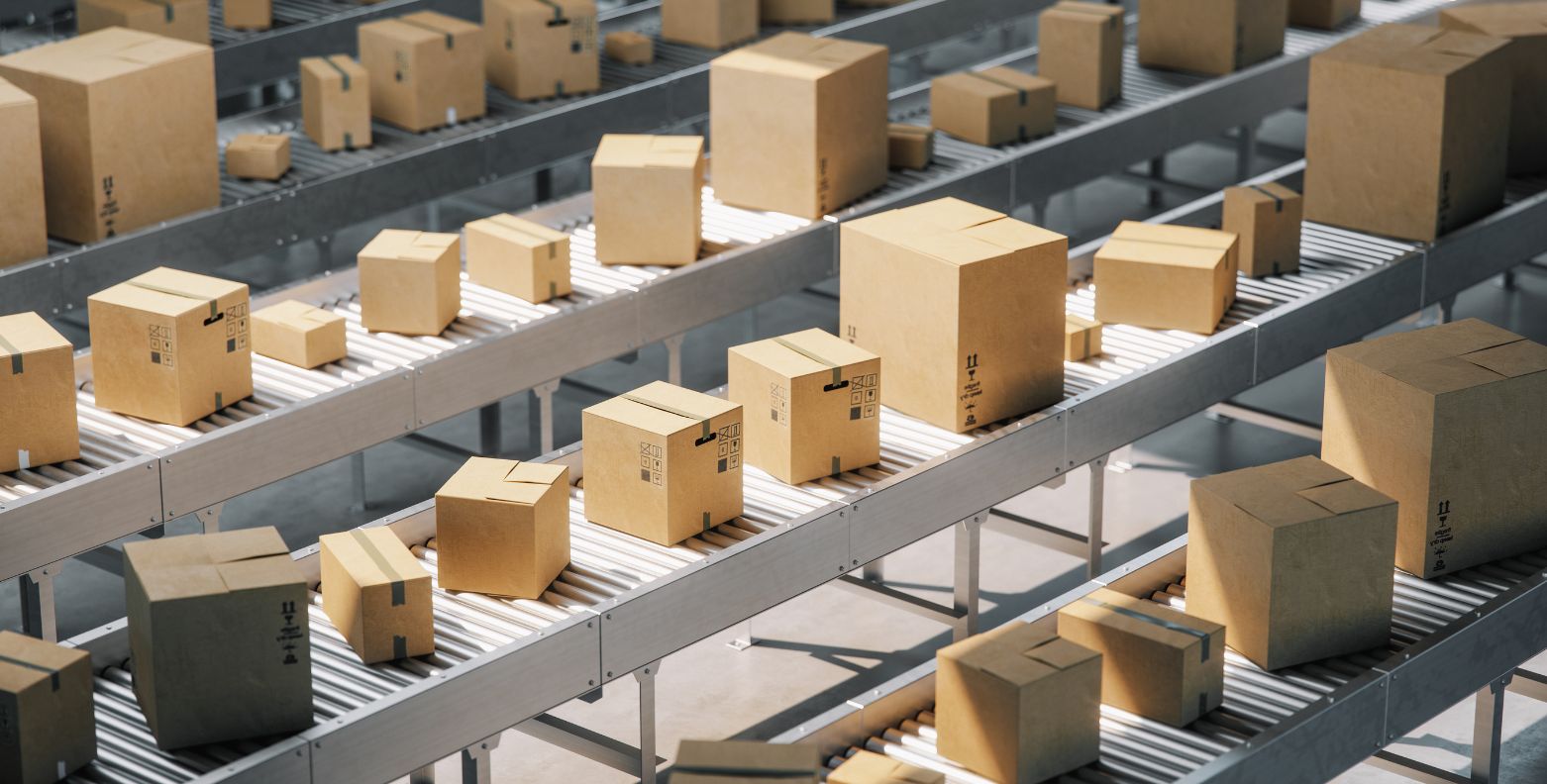
Outbound Logistics
Why do you need to optimize your outbound logistics?
By optimizing your outbound logistics, you ensure that your business remains competitive. Quick and reliable delivery is a benchmark of optimized outbound logistics and effectively increases customer satisfaction. You’ll also benefit from greater cost efficiency, because effective tender processes and make-or-buy analyses will minimize costs and allow you to make greater use of different transport channels. Optimized outbound logistics can also help to reduce emissions through efficient route planning and transport optimization.
What are the challenges?
Outbound logistics involves a growing number of challenges that can impact a company’s success significantly. That’s why optimization in this area is crucial in order to remain competitive and ensure successful transport quality. Potential challenges that arise are:
- Price increases caused by:
- Volatile pallet costs
- Freight costs (e.g. caused by a shortage of drivers)
- Diesel and energy costs
- Significant outbound quantity changes/postponements: These arise primarily on account of a loss of customers, or by supplying new customers or customer locations. Changes like these require quantities to be redistributed among service providers (e.g. if additional quantities cannot be dealt with by existing service providers).
- Changing customer requirements that cannot be covered by existing service providers, such as:
- Delivery times
- Response times
- Inadequate delivery performance from existing service providers.

What are the benefits of a well thought-out supply chain strategy?
- Greater profits: Our transport and logistics tender processes generally lead to significant savings, with percentages often in double figures.
- Flexibility: With the identification of new, powerful suppliers and the redistribution of quantities to create flexibility, running tender processes in the transport field can significantly increase flexibility. In addition, fixed costs in outsourcing can also be replaced by variable costs.
- Full transparency: Tender processes supply you with comprehensive information about the latest market prices and volume flows. Ideally, they will even provide you with the exact details of different cost elements, such as:
- Transport price
- Personnel share
- Improved delivery performance and customer satisfaction: Tender processes help to identify the optimum alternative service providers and then conclude service level agreements (SLAs) with them. This will increase your delivery performance and safeguard customer satisfaction.
How we can help you
Outbound logistics is optimized in five phases:
- Situation analysis and concept development: In the first phase of the project, the focus is on analyzing current transport agreements using the documents and results produced by previous tender processes. Furthermore, a transport volume analysis is used to design a logistics spend cube with which to develop the quantity structure and evaluate volume flows. The requirements and restrictions of transport logistics are also recorded, and cost transparency is achieved. A baseline is produced on this basis.
- Preselection: In the preselection phase, a longlist is produced together with supplier self-assessments for shipment. The latter should primarily include the size of the business (e.g. turnover, employees, vehicles), its locations, and a credit check (such as Creditreform).
- Tender: Before the invitation to tender is drawn up, the tender documents are approved and the supplier shortlist is examined during an intensive workshop. Other main elements of this phase are the invitation to tender and obtaining offers. This process includes efficient tender management and answering inquiries. In the final step, offers are evaluated and the optimum service provider is selected for negotiations. We then discuss dates for future rounds of negotiations.
- Final negotiation: In the final negotiation phase, we focus on defining elements of the agreement and operative specifications for the service provider. We prepare and plan condition negotiations with the selected transport service provider. Following this round of negotiations, offers are evaluated, a recommendation identified, and savings are calculated to prepare for the decision to award the contract.
- Implementation: Setting the concept in motion relates especially to implementing the newly developed structures and signing transport agreements. This is where transport service providers may be reorganized.
Schedule your initial consultation now
HÖVELER HOLZMANN - a valantic company
Bahnstraße 16
40212 Düsseldorf
Tel.: +49 (0) 211 - 56 38 75 - 0
Fax: +49 (0) 211 - 56 38 75 - 69
Mail: info@
Contact us:



